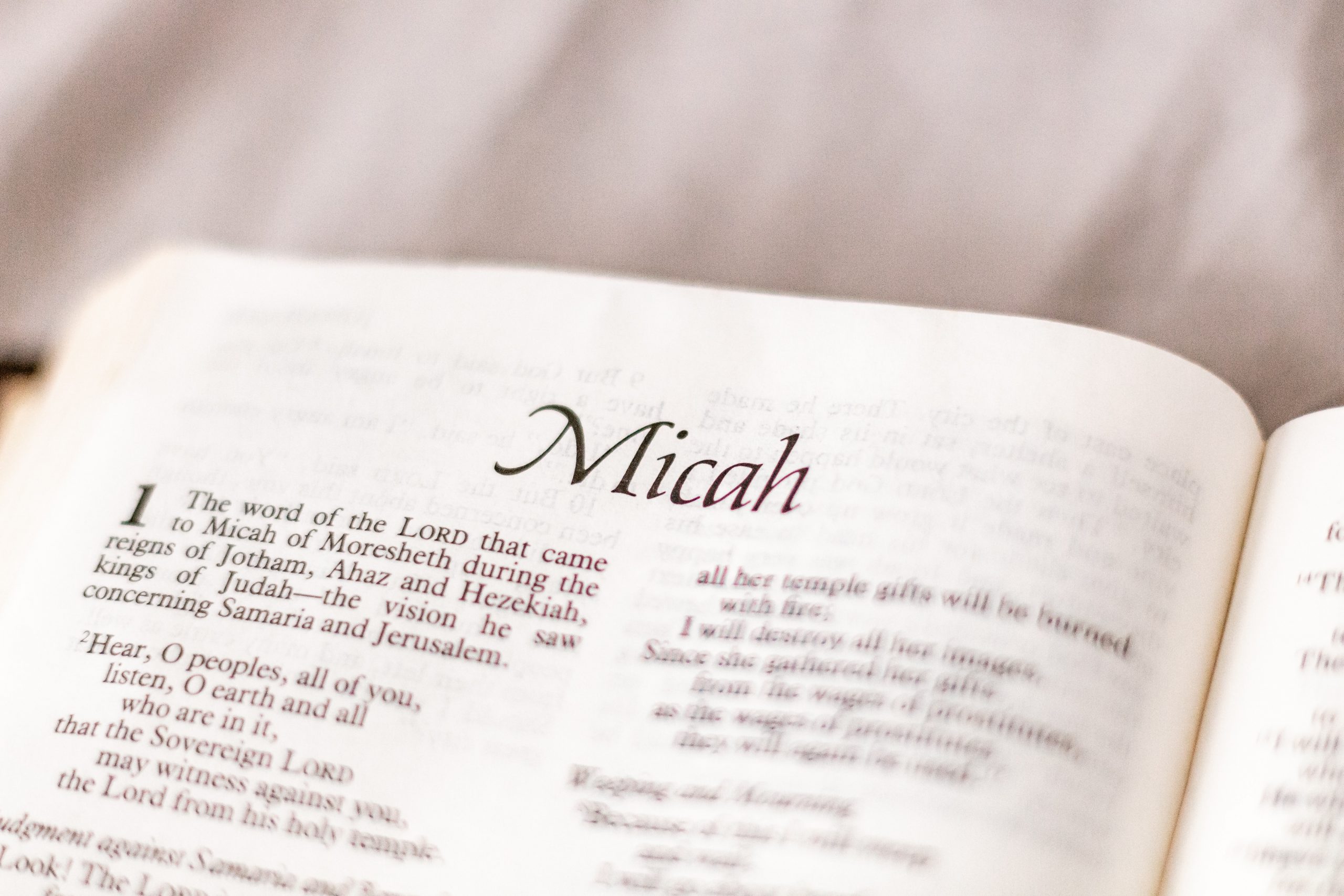Podcast: The Book of Micah

Check out the So We Speak podcast on Apple Podcasts or Spotify.
Micah prophesied in Southern Judah in the eighth century B.C. before the Assyrian exile. His message is one of warning yet provides a glimmer of hope for the coming Savior.
Micah’s message ties in with the other prophets. Liberal theology views these similarities as a social movement. However, the similarity between the prophetic messages in the Old Testament is evidence of God as the Divine Author of Scripture.
Chapter One deals with God’s judgment upon Israel’s leadership and prophets. Yet God comforts His people in Chapter Two. Micah 2:12-13 describes God as both a shepherd and king to his people.
Micah’s prophecy played a role in how the Founding Fathers of America envisioned the democratic society in which we live – living at peace with others. However, this vision of a society at rest will only be truly fulfilled in the New Heavens and New Earth.
Micah pointed toward a leader, a messiah, a shepherd, and a king who would fulfill all righteousness and redeem his people. This also has yet to be fulfilled in the second coming of Christ as the Mighty Judge and Ruler – an “already and not yet” reality.
Social justice does not transform people. The gospel does. However, the gospel enables Christians to do good deeds for the benefit of others.
Micah 7:8-10 are significant because God enacts vengeance on the evil of the world. God is a God of justice. The Psalms say He feels indignation every day (Psalm 7:11).
He is not removed from the suffering of this world but is intimately acquainted with it. He became human in the person of Jesus so that he can relate to our sorrows and struggles and be a perfect sacrifice for the judgment of God.
Brittany Proffitt lives in Dallas, TX, holds a BA in Religion, and is a student at Southwestern Baptist Theological Seminary. She is passionate about Scripture and how God’s Word impacts individuals’ hearts and lives.




